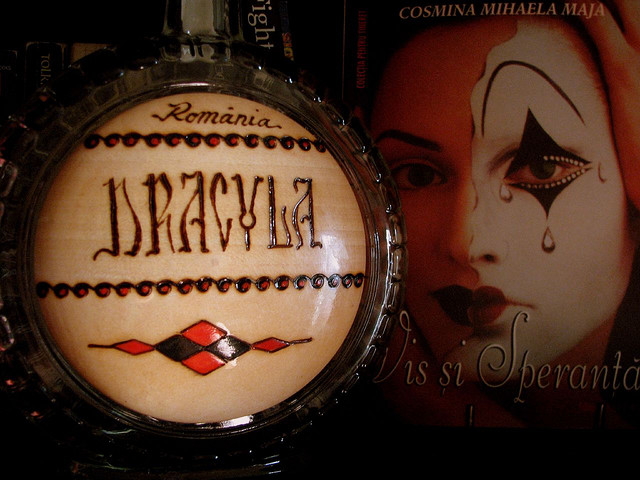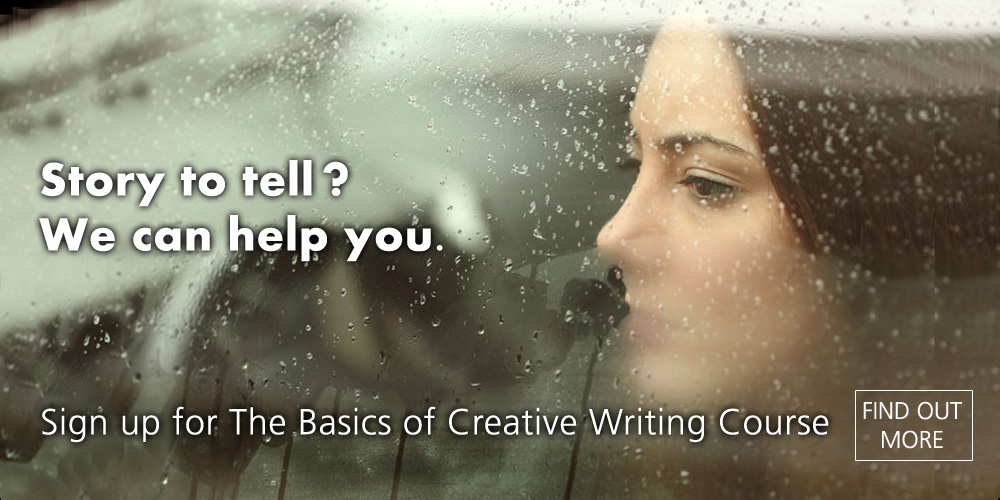What are genres and how do we tell them apart? Genres are used to group stories that contain common elements, such as themes, settings or characters. They are useful (if not necessary) for publishers to know whether your story is marketable or not, and for readers to know what type of book they’re in for. Blurbs can be sometimes be misleading and without genre classifications you may find out that the romance novel you were expecting turns out to be a horror.
Genre definitions are broad because they often grow, change and divide into other genres. Genre classifications contain numerous subgenres, but here are some of the most common genres.
Action / Adventure:
These types of stories are based on physical action. Be it a perilous journey through the Amazon jungle or a spy catcher chasing his enemy through the streets of Paris, these plots are designed to keep your heart racing as the characters face danger in all its forms. Ian Flemming’s James Bond novels are the epitome of adventure, with the intrepid 007 facing heart-stopping adventure and danger at every turn.
Crime / Detective:
This genre is based on criminal acts and their consequences. Most often they follow the point of view of the ‘good guys’ (the cops, detectives, lawyers and heroes who try to solve the crime) but they can also follow the perspective of the perpetrators. Ruth Rendell and John Connolly are some of the famous names in contemporary crime fiction.
Erotica:
Stories that are predominantly based on or revolve around sex fall into this category. They differ from romance in that the sexual details are explicit and love needs to be a factor in events.
Fantasy:
The major aspect of fantasy fiction is that it is based on imagination. These stories can be set in an imaginary world or a different version of our own; they can be in the past or present and the characters need not be human. Magic and the supernatural are also common elements of these stories. Reading fantasy stories requires a leap of faith and breaking away from reality and immersing yourself in a time and place different from what you are used to. A notable name in fantasy fiction is Terry Pratchett.
Historical:
Historical fiction makes use of events or people that once existed in the real world. Authors can either tell the story of a person or event as they think it happened, or they can use them as parts of a fictional story. Dan Brown’s ‘Da Vinci Code’ is an excellent example of this type of fiction. He took real people, places and events that happened in the past and turned them into a modern day masterpiece of fiction.
Mystery:
The mystery genre keeps the reader guessing. Whodunits, private eyes and medical mysteries all make one think ahead and try to find the answers, which are revealed in the climax. The mystery genre is often thought of as being the same as the detective genre, but mysteries are not always based on crime. Robin Cook’s books often revolve around medical mysteries that the characters have to solve.
Romance:
While this genre has gained a bad reputation with literary scholars, it remains one of the best selling and longest lasting genres in fiction. A romance is based on love, the struggle to find and keep it, and tends to have a happy ending. Nora Roberts is currently one of the favorite writers in the field of romance writing.
Science-fiction:
Science fiction is similar to fantasy in that it contains places, characters and technologies that do not exist (not yet). The time period and setting are often key as the stories are set in the future and based in space or on planets other than earth. Douglas Adams’ ‘Hitchhikers Guide to the Galaxy’ is an excellent example of science fiction.
Thrillers:
A thriller is characterized by fast pacing, heightened tension and action. They can involve elements of criminal acts, the supernatural or the psychological. While characters in thrillers are often trying to find answers or solve a problem they differ from mysteries and detective stories because of the way they are told. In thrillers, the events are happening as we read about them; in mysteries and detective genres they are trying to find answers for an event that has already happened. John Le Carre and Lee Child are well known and skilled thriller writers.
Horror:
While characters, setting and plot may vary, one thing remains the same in all horror stories: reaction. The horror genre is about creating a response in the reader and this can come in any form (emotional, physical or psychological). From creepy-crawlies to ghosts, from serial killers to aliens, the horror genre is bent on getting a reaction out of its readers. Stephen King and Dean Koontz are well known leaders in the field of horror writing.
Comedy:
This genre is designed to make us laugh. It can be one of the most difficult genres to write in though, as it requires skill to create a fictional story that can cater for many people’s sense of humor.
War:
Plots that deal with inner workings or effects of war fall into this category. The characters can be on the front line or anxiously waiting at home while the war rages in another country, but, as in real life, they cannot escape the consequences of battle. ‘Saving Private Ryan’ by Max Allan is a good example of the effects of war both at home and in the trenches.
Western:
While cowboys on horses have lost their popularity over the last forty years, the underlying themes in westerns still appeal to some people today. Freedom, survival and fighting for what’s right are common traits in most westerns, and while the days of prospecting for gold, defending the homestead and supporting the sheriff seem far behind us, human nature still likes to see the good guys win. Louis L’Armour’s name is synonymous with the western genre.
A cocktail of genres
So what happens when you have a romance that blossoms while a murder is being investigated and it’s set in the future while a war is taking place? A romantic science-fiction war thriller? Some stories can be grouped into more than one genre, but it’s the predominant theme of the story that will be the deciding factor in its label.
Genres often contain their own sub-genres. For example, science fiction contains the following sub-genres: contemporary, juvenile, steampunk, alternate universe, prehistoric, urban, heroic, historical, medieval, dark, romantic, sword and sorcery, folktale and comic. Some of the sub-genres of romance include: inspirational, contemporary, paranormal, multi-cultural, historical and romantic suspense.
When trying to write for a specific genre, don’t forget your target audience. Horror fans have different wants and needs in their books than western or action fans do. When writing for a specific sub-genre, do some research into the finer details to make sure that your story fits in to the category.
And remember that when you’re writing a novel, you don’t necessarily have to have a specific genre in mind. There are books out there that defy all genre classifications!
About the Author:

Green won the 2011 SA Writers College Short Story Competition with her story “The Tokoloshe”. With a BA Degree in English Literature from the University of the Witwatersrand (2007) and an HonsBA Degree from the University of South Africa (2009) she is about to embark on her Masters Degree. She completed the Short Story Writing Course at the Writers College in 2010.
Photo Credit: flickr.com_Terwilliger911















